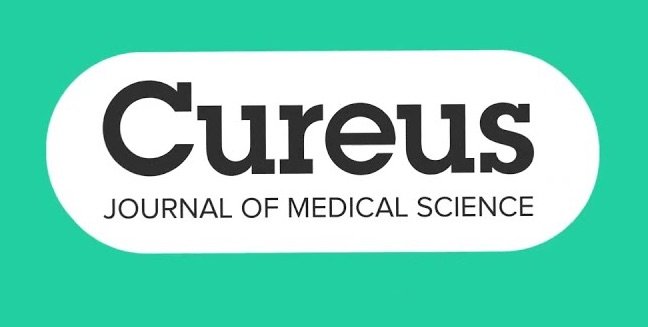
Editor's Note An analysis of two phase-III trials showed adjuvant administration of nivolumab (Opdivo) plus chemotherapy reduces the risk of recurrence or death in patients with resectable non-small cell lung cancer (NSCLC) by 40% compared to neoadjuvant nivolumab plus chemotherapy alone, Medpage Today reported September 9. "With the caveat that…

Editor's Note A recent study conducted at a tertiary care hospital in India showed concurrent COVID-19 infection on patients undergoing emergency surgery resulted in notably longer hospital stays and higher rates of postoperative complications. Published September 8 in Cureus, the retrospective cohort study analyzed data from 48 COVID-19-positive patients and…

Editor's Note A recent study in JAMA Surgery showed women with hepatocellular carcinoma (HCC) were 8% less likely than men to receive a liver transplant and 6% more likely to die or be removed from the waitlist, Healio reported September 9. The study, which analyzed 31,725 adults waitlisted for…
Editor's Note Research shows black women are 25% more likely to undergo cesarean sections (C-sections) than white women, even when presenting similar medical histories, The New York Times reported September 10. The article focuses on a study analyzing nearly one million births across 68 New Jersey hospitals. Conducted between 2008…

Editor's Note Surgeons used a remote control to perform a magnetic endoscopy on a live pig more than 9,300 km (nearly 6,000 miles) away, Medical Xpress reported August 26. According to the article, researchers at ETH Zurich and The Chinese University of Hong Kong collaborated in the procedure, with the…

Editor's Note The common practice of administering potassium after bypass surgery can be safely abandoned in patients with normal blood levels, according to results of the randomized TIGHT-K trial. According to a September 3 report in Medscape, potassium supplementation is a widely accepted means of reducing the risk of postoperative…

Editor's Note Research led by the University of Southern California and published in the journal Advances in Wound Care showed new technology using fluorescent light has proven effective in detecting bacteria missed during standard wound cleaning, US News & World Report August 30 reports. In a review of 26 medical studies,…

Editor's Note A recent study analyzing 30 years of national registry data shows a significant decline in perioperative mortality among living kidney donors, MedPage Today August 28 reports. From 2013 to 2022, the mortality rate within 90 days post-donation was 0.9 per 10,000 donations, compared to 2.9 per 10,000 in…

Editor's Note A new study, the Stop-or-Not Trial, has found no significant difference in outcomes for patients undergoing noncardiac surgery who either continued or discontinued their renin-angiotensin system (RAS) inhibitor therapy, MedPage Today August 31 reports. The randomized clinical trial, which included over 2,200 patients, reported the rate of death…

Editor's Note A recent study from two tertiary care centers highlighted significant sex differences in long-term outcomes after cardiac surgery, especially concerning postoperative atrial fibrillation (postopAF), MedPage August 21 reports. The study, published in JAMA Network, found that while women were less likely than men to develop postopAF following a…